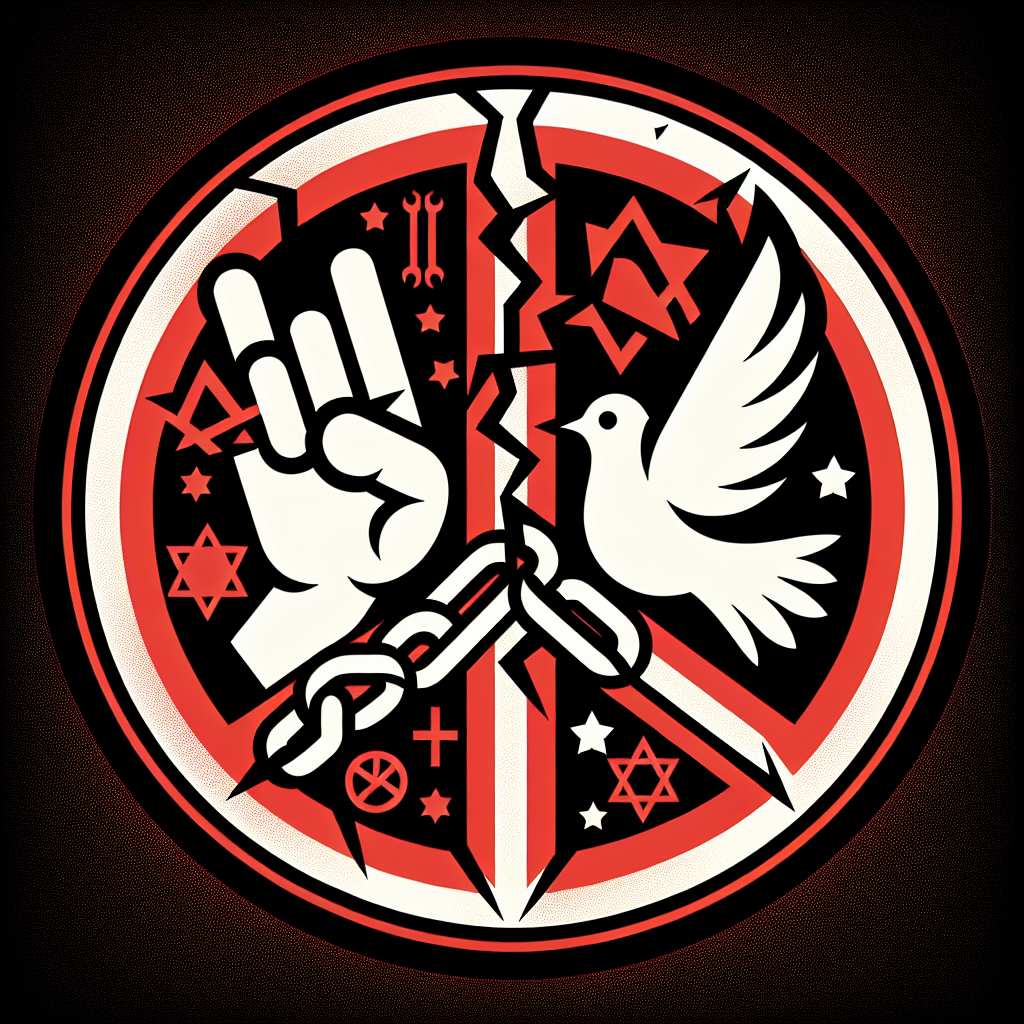UN Warns of Resurgence in Antisemitism Amid Global Conflicts

In a world grappling with complex challenges, troubling signs of resurgent antisemitism have emerged across Europe and beyond, ranging from attacks on Jewish individuals to rising hatred online and defacement of religious sites. A survey published in July 2023 by the European Union Agency for Fundamental Rights found that nearly all European Jews surveyed between January and June had experienced antisemitism in the past year. Many reported hiding their Jewish identity out of fear.
“Antisemitism is real, abhorrent, and rooted in racism and bigotry,” stated UN officials. Eighty years after the Holocaust, the responsibility to prevent hate from escalating into violence remains a moral imperative. As Anne Frank poignantly observed, “What is done cannot be undone, but one can prevent it happening again.”
Balancing Human Rights Advocacy and Antisemitism Awareness
The resurgence of antisemitism coincides with heightened global tensions following the October 7, 2023, attacks by Hamas and other armed groups, which claimed numerous lives, saw acts of violence, and led to hostage-taking. These acts of terror, widely condemned as grave breaches of international law, sparked international outrage. In the months following, reports from Gaza's Ministry of Health indicated that Israeli military operations resulted in over 45,000 Palestinian deaths, a majority of whom were women and children, exacerbating the region's humanitarian crisis.
While criticism of human rights violations is an essential aspect of global advocacy, conflating such criticism with antisemitism risks undermining both the fight against hatred and legitimate calls for justice. UN officials emphasized the importance of drawing this distinction.
The Role of Empathy in Times of Conflict
UN representatives have visited survivors and families on both sides of the conflict, expressing solidarity with Israeli survivors of the October 7 attacks and Palestinians enduring devastating losses in Gaza. These encounters highlight the shared human suffering that underscores the need for compassion, justice, and mutual understanding.
“Empathy and care for others are the core values that will help us navigate these challenging times,” said a senior UN official.
Combatting Antisemitism Without Instrumentalization
The UN strongly condemned acts of antisemitism, including attacks on synagogues and Jewish cultural sites, as well as the false narrative holding all Jews accountable for the actions of the Israeli government. However, they also rejected the conflation of legitimate criticism of Israeli policies with antisemitism.
For instance, it is not antisemitic to call for adherence to international humanitarian law, condemn violations, or hold Israel accountable for military actions impacting civilian populations. The UN Office of the High Commissioner for Human Rights continues to document human rights violations impartially in both the Occupied Palestinian Territory and Israel, reinforcing the principle of human rights for all.
A Unified Stand Against Hatred
As the fight against antisemitism continues, the UN is resolute in its efforts to remind the world of the lessons of the Holocaust and the dangers of hatred. Addressing antisemitism requires acknowledging historic and ongoing traumas while resisting attempts to exploit this fight for political purposes.
“We must see each other in our full humanity, recognize suffering without discrimination, and work with compassion to end that suffering,” the UN stated, calling for a united effort to build a world free of hatred and violence.
This message serves as a reminder that empathy, justice, and vigilance are the foundations of a peaceful, inclusive, and equitable future.
- READ MORE ON:
- Antisemitism










